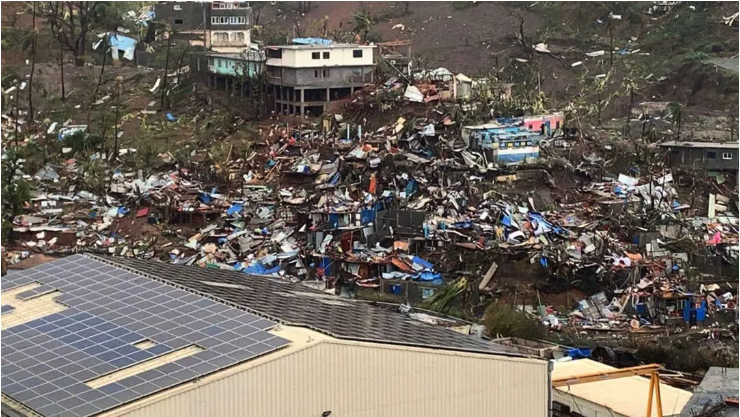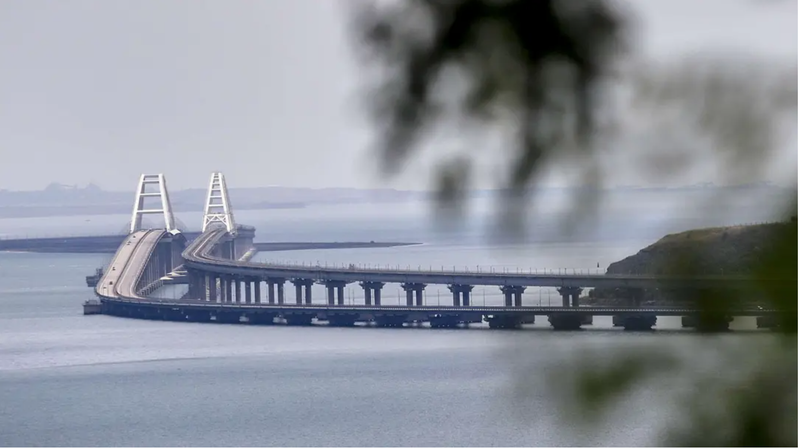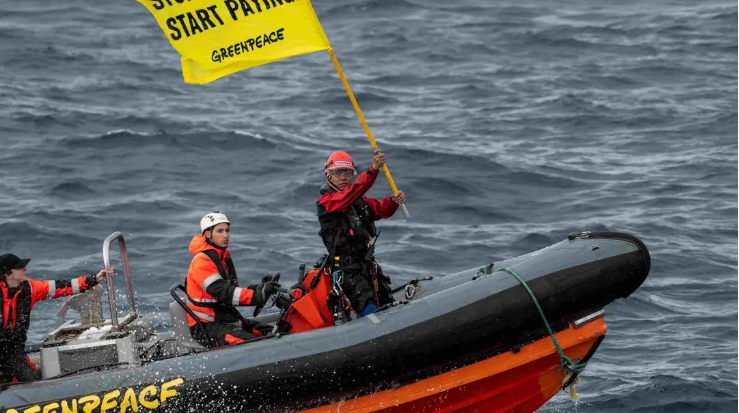HRW: European Companies Ditching Toxic Ships on Bangladesh Beaches
Human Rights Watch (HRW) has claimed that European shipping firms are dumping their old ships on dangerous and polluting scrap yards on beaches in Bangladesh, allegedly using loopholes in international regulations to make profit at the expense of Bangladeshi lives and the environment....

Facts
- Human Rights Watch (HRW) has claimed that European shipping firms are dumping their old ships on dangerous and polluting scrap yards on beaches in Bangladesh, allegedly using loopholes in international regulations to make profit at the expense of Bangladeshi lives and the environment.1
- Though ships sailing under an EU flag are required to recycle their ships in EU-approved facilities — none of which are located in Bangladesh — companies are reportedly able to circumvent these regulations by buying flags of convenience from other countries.2
- This comes as a 90-page report drawing on interviews with ship-breaking workers and experts as well as analysis of public shipping databases, financial reports, maritime import records and leaked import certificates was released on Thursday in collaboration with the Belgian NGO Shipbreaking Platform.2
- Workers have described having to resort to using shirts as makeshift masks to prevent inhalation of toxic fumes and using socks as gloves to avoid burns while cutting through molten steel, as they were not provided with adequate protective equipment to carry out their jobs safely.3
- However, the Bangladesh Ship Breakers Association (BSBA) stated that yard owners are working to upgrade safety measures ahead of the new international convention on safe and environmentally sound scrapping, which will take effect in 2025.1
- Bangladesh has been the world's top shipbreaking country so far in 2023, accounting for 197 (or about 34%) of the 582 ships scrapped worldwide in the first three quarters.4
Sources: 1Al Jazeera, 2Human rights watch, 3Voa and 4The business standard.
Narratives
- Narrative A, as provided by Human rights watch. Many European shipping companies deliberately use loopholes in international regulations to beach their end-of-life ships in Bangladesh where protections are known to be inadequate. Instead of trying to profiteer by greenwashing unsafe practices, these firms should invest in building stable platform facilities that protect workers' rights and correctly handle waste disposal.
- Narrative B, as provided by The business standard. It's certain that working conditions at many shipbreaking yards in Bangladesh remain precarious, but the country has been gradually addressing these issues over the past decade in compliance with international regulations. If it weren't for setbacks including the pandemic and the Ukraine War, all yards in the South Asian nation would have already turned into green facilities that prioritize workers safety and the environment.






